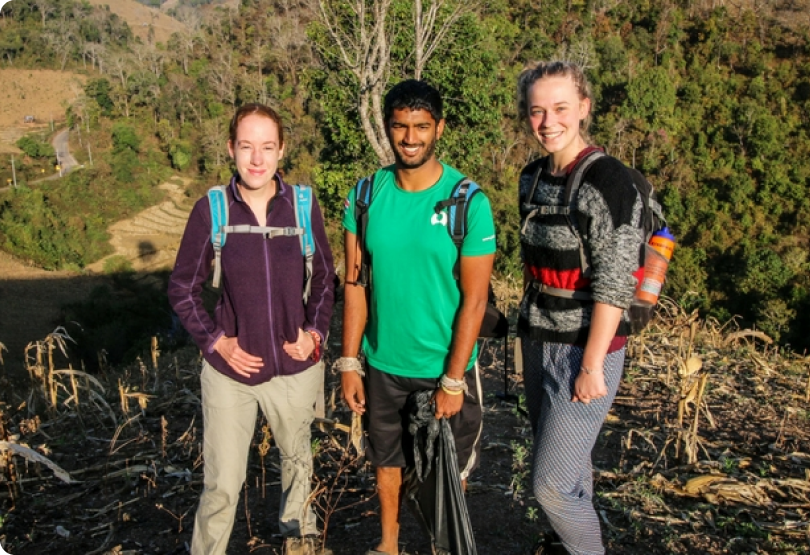PADI Diving and Marine Conservation Teen Volunteering in Mexico
Learn about ocean conservation and earn your PADI Open Water Diver in Mexico.
Durations: 2 weeks
Book with confidence
Travel flexibility, because life happens! Modify your booking, even up to 48 hours before departure. T&Cs apply.
Program information
Earn your PADI Open Water Diver qualification while exploring the Mesoamerican Barrier Reef, the second largest in the world. Learn about how conservationists conduct research on key species like corals, fish, sea turtles, and mangroves, as well as the environmental issues, like climate change, plastic pollution, and habitat degradation, impacting marine habitats.
Grants available for up to USD13,000!
Get a GVI Foundation Grant of up to 80% on conservation programs. Everyone is invited to apply by 31 Jul.
Book with confidence
Travel flexibility, because life happens! Modify your booking, even up to 48 hours before departure. T&Cs apply.
Connect with our alumni
Want to connect with some of our past participants about their adventures? Get in touch with hundreds of friendly ambassadors all over the world who would be more than happy to answer any questions.
Connect with us
Join our Virtual Open Day!



































